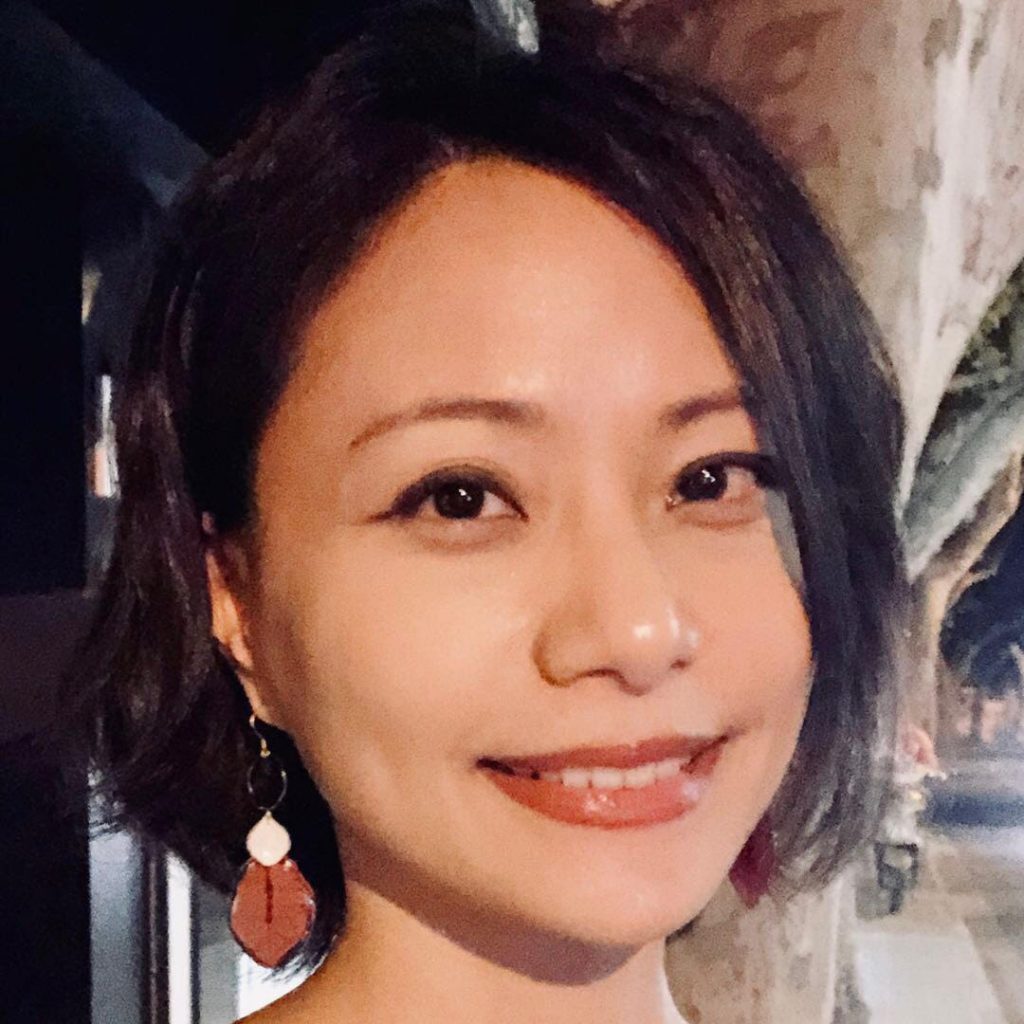
Tzu-hui Celina Hung
NYU Shanghai
Biography
Tzu-hui Celina Hung is Assistant Professor of Literature at NYU Shanghai. Prior to joining us, she was Visiting Assistant Professor and Andrew W. Mellon Postdoctoral Fellow in the Humanities at the University of California, Los Angeles, where she taught for the Department of Asian Languages and Cultures and the Department of Comparative Literature. Hung’s research and teaching center on issues about Sinophone literature and culture in the context of globalization, Chinese migration and its diasporic and settler-colonial networks, Anglophone literature, postcolonial Southeast Asian studies, and the discourses of creolization and multiculturalism in contemporary Sinophone societies. She is currently completing a book project that examines the multilingual articulations of creolization by writers, educators, and filmmakers hailing from Southeast Asia with a Peranakan Chinese background at the turn of the twentieth century and here onward, amid a changing nexus of competing political forces and cultural resources. She has also begun a second book project that examines Taiwan’s parallel cultural politics of indigenous and immigrant representations.
「 The Promise and Challenge of Translation in the Taiwan Literature Awards for Migrants 」
This presentation examines the multifaceted roles of translation surrounding the development of the activist-oriented Taiwan Literature Awards for Migrants (2014—present), with a focus on its selection process, storytelling patterns, and the literary communities formed thereof during its formative years. Every year, TLAM selects awardees from submissions of migrant-themed stories written in any styles, by Southeast Asian marital and labor migrants as well as their second-generation children, in Vietnamese, Thai, Indonesian, and Filipino languages. After a group of native-language judges make their initial evaluation, the entries on the shortlist are then translated into Chinese (zhongwen or hanyu in local terms) for final selection by a jury drawn from Sinophone writers, scholars, journalists, filmmakers, and teen jurors. I argue that TLAM’s compilation of Southeast Asian migrant writings provides a salient occasion to consider translation to be an integral, although frequently taken-for-granted, action-word in the Taiwanese experience of multicultural accommodation. In collectively translating migrant writings and turning them into a bold experiment of what Taiwan literature could look like, the phenomenon of TLAM shows that while language use constitutes an important coordinate, it is not necessarily the sole or foremost factor in the overall tug-of-war of intercommunity relations. Context-sensitive factors such as the award’s identity-based bilingual staging of Southeast Asian migrant experience and the awardees’ workplace limitations, personal networks, or other material circumstances all play crucial roles in shaping the styles, themes, and voices of individual stories. To translate these migrant experiences for the largely monolingual Sinophone readers in new-millennial Taiwan, one inevitably encounters epistemological challenges at both textual and extra-textual levels.



